The Reality of AMR
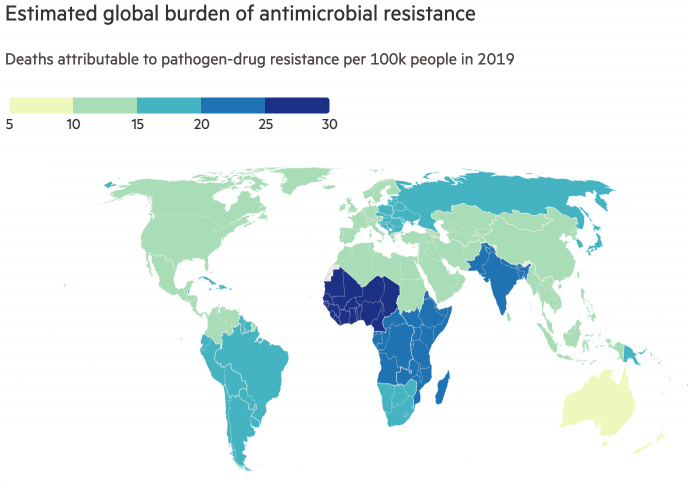
Antimicrobial Resistance is a global health challenge that is directly responsible for over 1 million deaths each year, and is associated with 5 times that number. This is broadly equivalent to the death toll from HIV and malaria combined.
The spread of antimicrobial resistant pathogens is accelerated by the inappropriate prescription and use of antimicrobial medicines. Therefore it is vitally important that healthcare providers are empowered to prescribe antimicrobials appropriately.

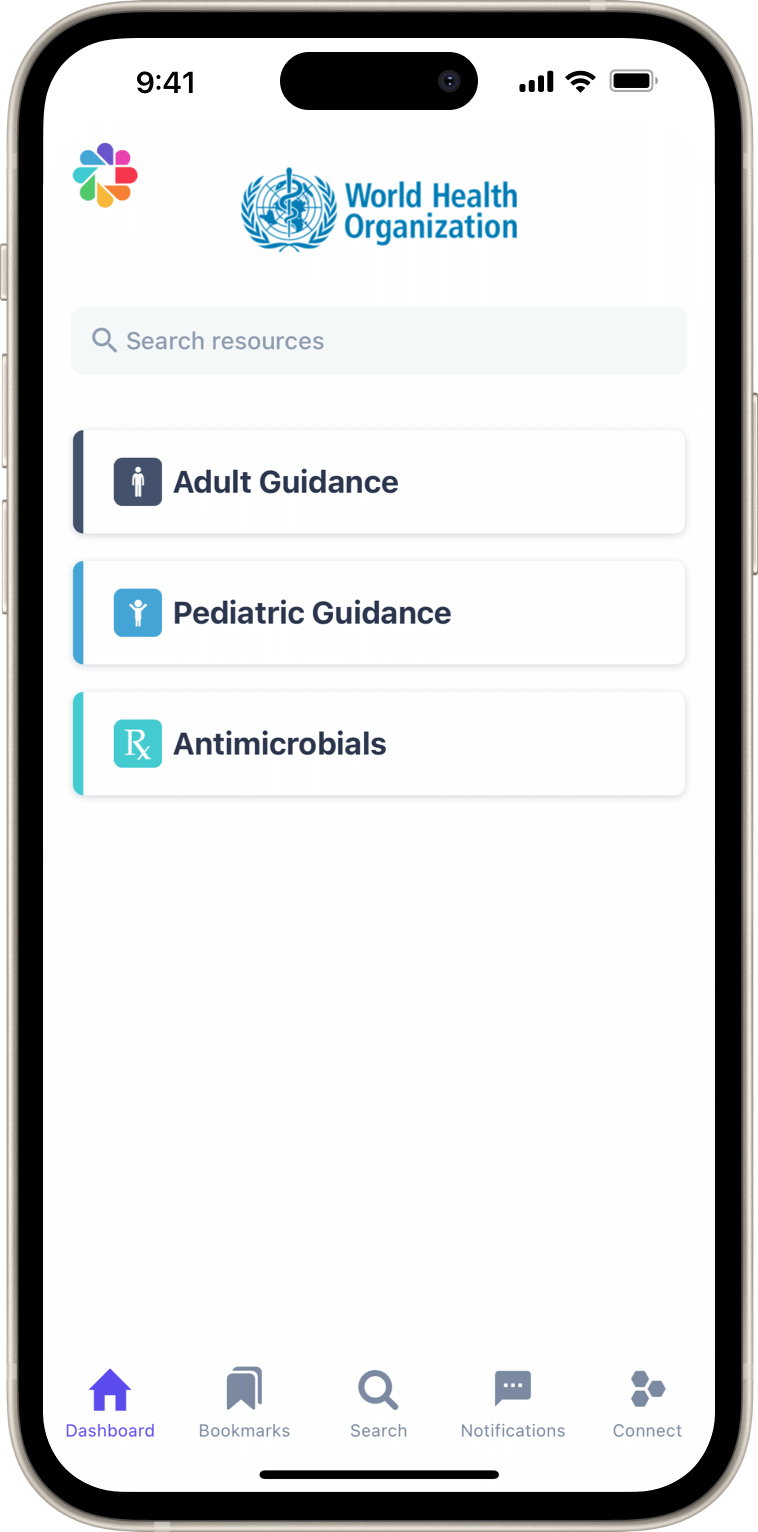
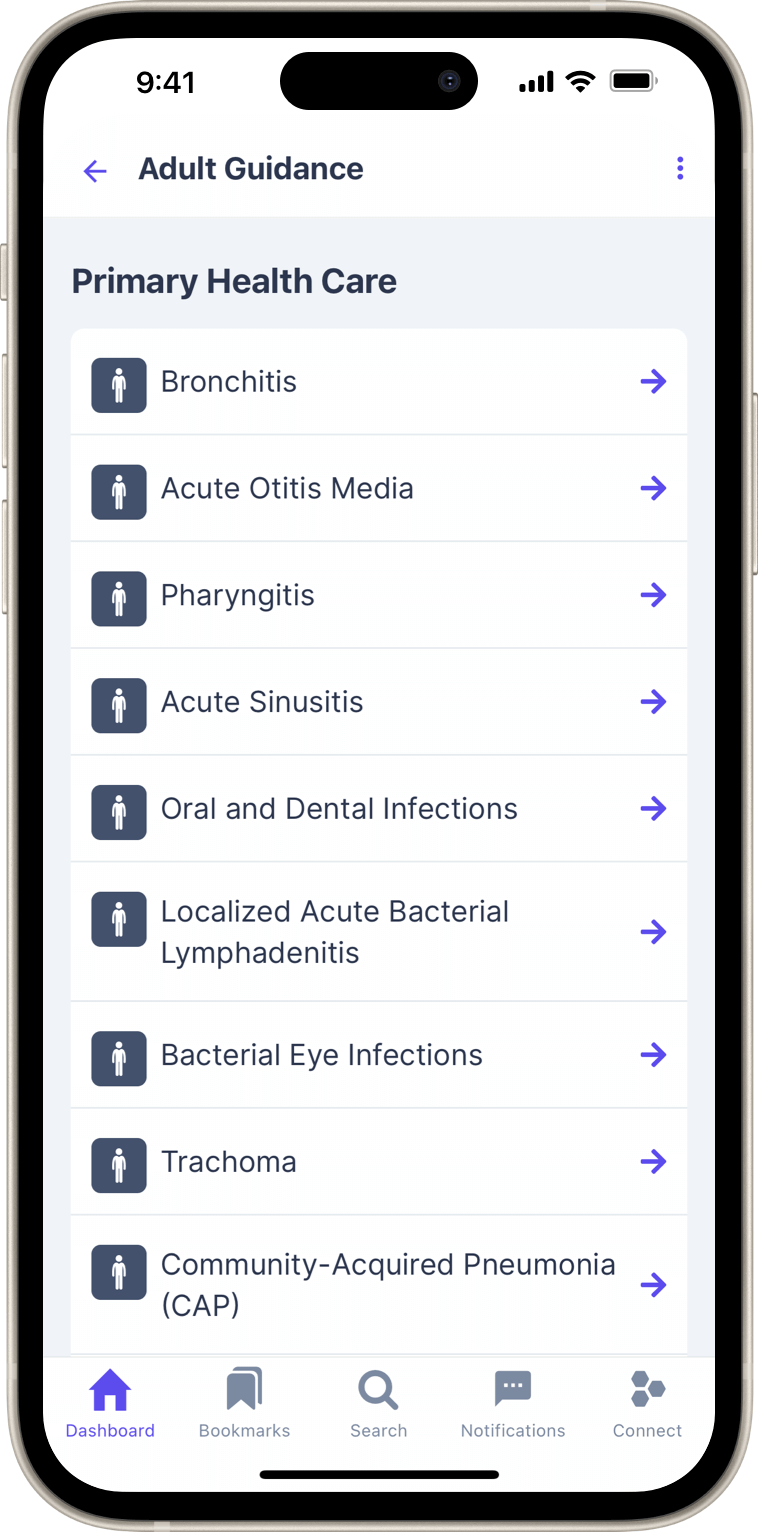
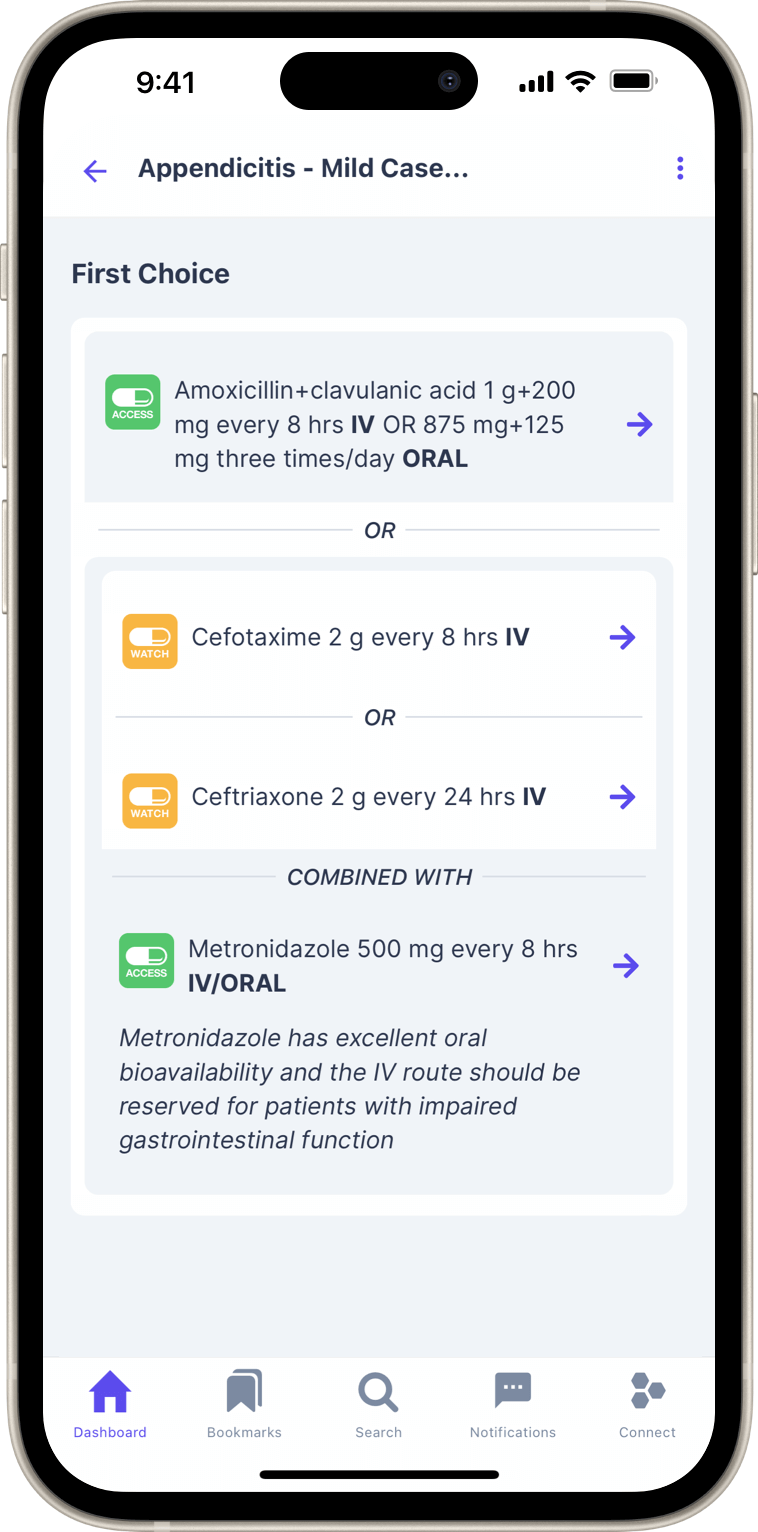
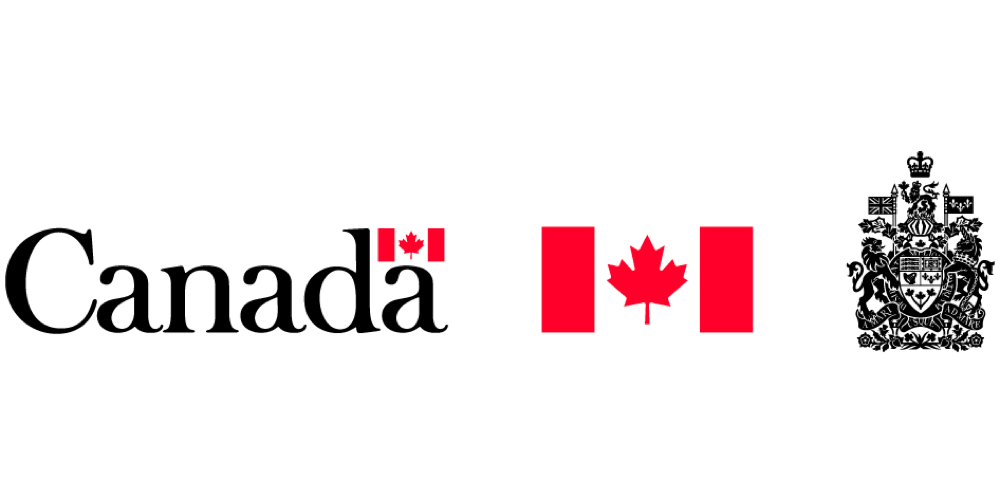 The Ministry of Innovation Science and Economic Development (ISED) has been
instrumental in assisting Firstline. ISED supported and guided Firstline’s
navigation of national governmental and intergovernmental processes, and is
the parent organisation of the Digital Supercluster.
The Ministry of Innovation Science and Economic Development (ISED) has been
instrumental in assisting Firstline. ISED supported and guided Firstline’s
navigation of national governmental and intergovernmental processes, and is
the parent organisation of the Digital Supercluster.
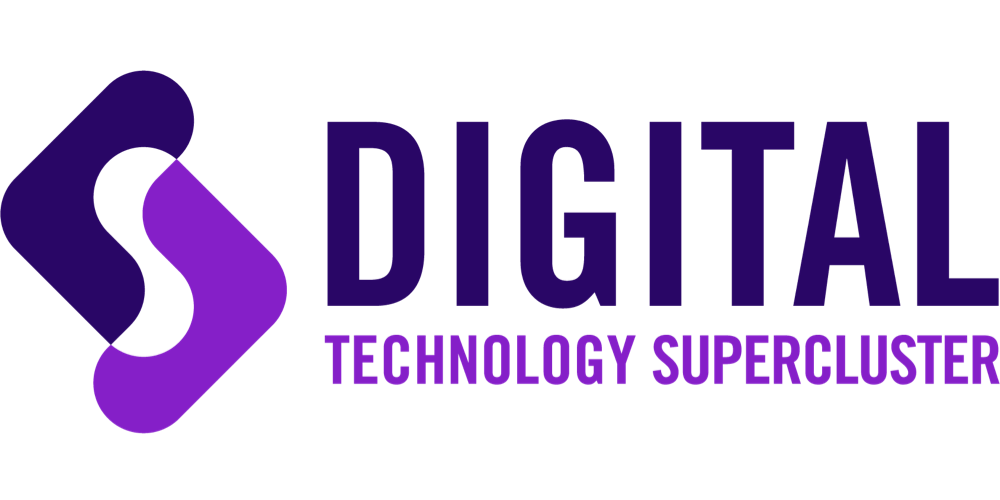 The Digital Supercluster provided research and development funding to
Firstline as part of a project aiming to
The Digital Supercluster provided research and development funding to
Firstline as part of a project aiming to 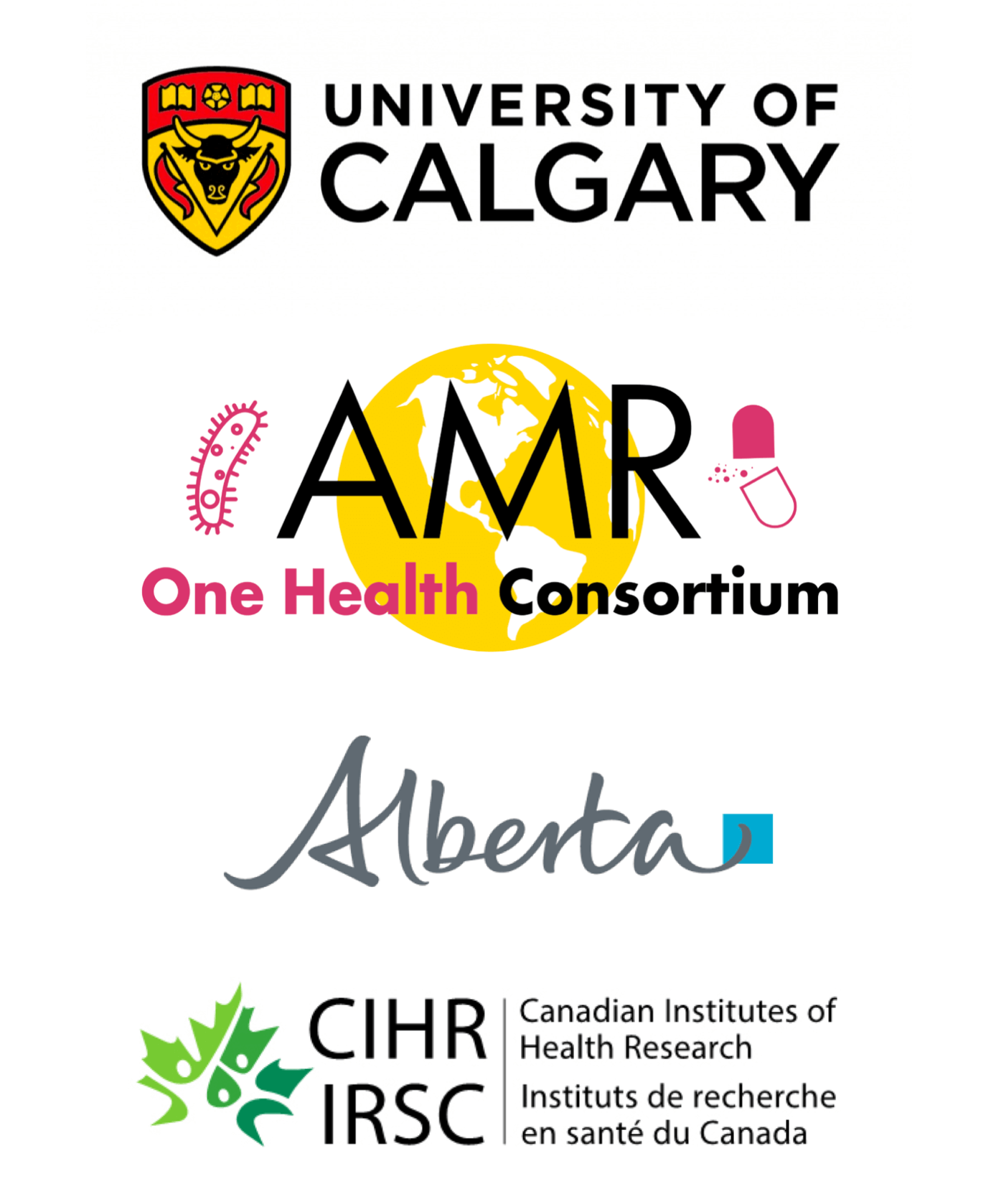 Financial support for this project was provided through the AMR
One Health Consortium, funded by the Major Innovation Fund (MIF) program of
the Ministry of Jobs, Economy and Innovation (JEI), Government of Alberta,
and with partially matched funding from the Canadian Institutes of Health
Research (CIHR). This peer-reviewed funding enabled a multidisciplinary
team led by Dr. John Conly to collaborate with Firstline throughout its
journey to define and design the implementation of the AWaRe classification,
with a view to implementation in animal health guidance.
Financial support for this project was provided through the AMR
One Health Consortium, funded by the Major Innovation Fund (MIF) program of
the Ministry of Jobs, Economy and Innovation (JEI), Government of Alberta,
and with partially matched funding from the Canadian Institutes of Health
Research (CIHR). This peer-reviewed funding enabled a multidisciplinary
team led by Dr. John Conly to collaborate with Firstline throughout its
journey to define and design the implementation of the AWaRe classification,
with a view to implementation in animal health guidance.